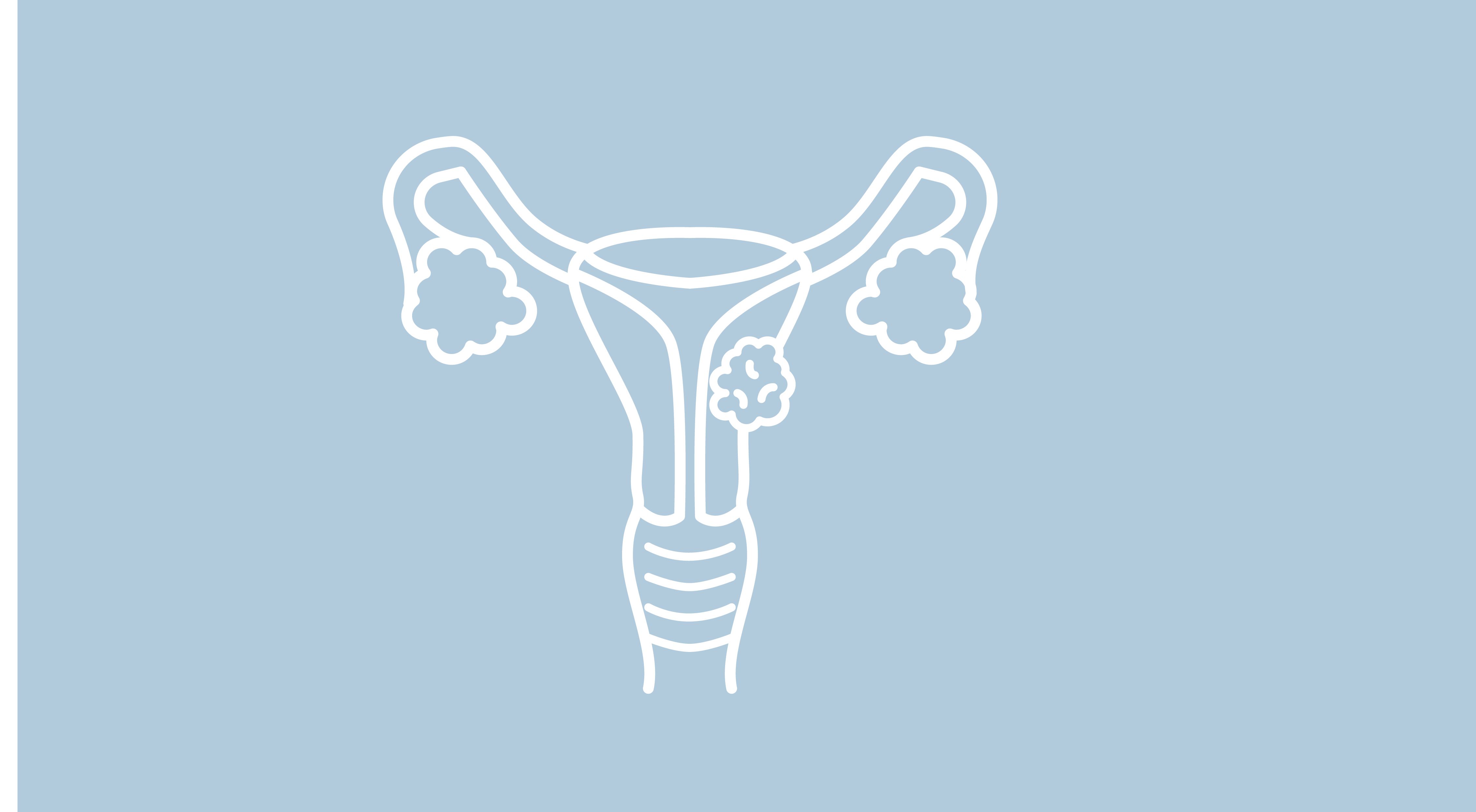PARP Inhibitor Becomes Standard of Care for Advanced Ovarian Cancer Subset
Study findings, “changed how we see and treat patients with ovarian cancer,” said one expert.
PARP Inhibitor Becomes Standard of Care for Advanced Ovarian Cancer Subset

Frontline niraparib (Zejula) is the new standard of care for patients with newly diagnosed, platinum-sensitive advanced ovarian cancer, after the positive results from the phase III PRIMA trial, explained Antonio González-Martín, MD, lead author in the study.
González-Martín recently discussed PRIMA with OncLive, a sister publication of Oncology Nursing News.
“I believe PRIMA provides the clearest observation of the benefit of PARP inhibitors in the frontline maintenance setting, regardless of biomarker status,” said González-Martín, co-director of the Department of Medical Oncology, Clinica Universidad de Navarra. “It should be considered a new standard of care.”
In the trial, niraparib extended progression-free survival (PFS) by 5.6 months over placebo for patients with newly diagnosed, advanced cancer who achieved a partial or complete response to platinum-based chemotherapy. Furthermore, the median PFS was 13.8 months with niraparib compared to 8.2 months with placebo in the overall population. For patients who tested positive for homologous recombination deficiency (HRD), median PFS was 21.9 months and 10.4 months for niraparib and placebo, respectively.
“We saw a clear decrease in the risk of relapse in patients with HRD of 57%,” González-Martín said. “We observed that close to 60% of patients at 18 months after randomization, which is approximately 2 years after starting chemotherapy, were still alive and progression free.”
González-Martín said that PRIMA is 1 of the 3 recent studies that is, “going to change the landscape of ovarian cancer.” The other 2 are the PAOLA-1 and VELIA studies.
In particular, niraparib presents an attractive option for the patient population who does not have data to support the administration of other PARP inhibitors.
“We have several patients for whom we do not have good data with other drugs like bevacizumab (Avastin), such as patients who need to receive neoadjuvant chemotherapy. For those patients, we do not have good evidence of the impact of bevacizumab. Those patients represent two-thirds of the patients who were included in PRIMA in whom we saw a great benefit with niraparib,” González-Martín said. “For those patients, niraparib is clearly another option.”
Having the option to give niraparib to this group of women is practice-changing, according to González-Martín.
“PRIMA has changed how we see and treat patients with ovarian cancer.”
Reference:
González-Martín A, Pothuri B, Vergote IB, et al. Niraparib therapy in patients with newly diagnosed advanced ovarian cancer (PRIMA/ENGOT-OV26/GOG-3012 study). Ann Oncol. 30(suppl 5; abstr LBA1). doi: 10.1093/annonc/mdz394.052.
A version of this article originally appeared on OncLive as, “Niraparib Emerges as a Frontline Maintenance Standard in Advanced Ovarian Cancer.”



